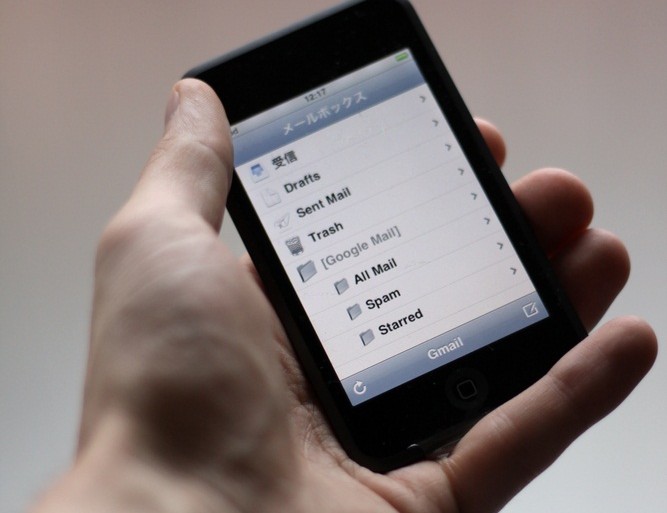Researcher Uncovers ‘Severe’ iOS Security Flaw

Fake SMS message headers could snare users
A “severe” iOS security flaw has been revealed, which could let crooks trick iPhone users into giving away sensitive information by exploiting a weakness in the phone’s handling of SMS messages, according to a security researcher.
The problem stems from the way iOS handles a section of the text payload known as UDH (User Data Header), which lets the sender change the reply-to number of the text. The issue affects releases of Apple’s mobile operating system including beta versions of iOS 6, which is expected to be released on the forthcoming iPhone 5.
This iOS security flaw could allow an attacker to mask their true identity so texts appear to come from a legitimate source, such as a bank. If the user replies, they would unwittingly send information to a different number.
The malicious text could ask for credit card details, or login information, if the attacker was looking to make some money.
 Apple needs to fix iOS security
Apple needs to fix iOS security
“Most carriers don’t check this part of the message, which means one can write whatever he wants in this section : a special number like 911, or the number of somebody else,” a researcher going by the name of pod2g wrote.
Whilst not viewed as massively problematic by some in the security community, the researcher still urged Apple to fix the bug, warning the security hole was still open in iOS 6 beta 4. iOS 6 is expected to be released to the general public next month, alongside a new iPhone.
“I am pretty confident that other security researchers already know about this hole, and I fear some pirates as well,” pod2g added. “Now you are alerted. Never trust any SMS you received on your iPhone at first sight.”
Hackers have sought to find ways to exploit SMS before. Late last year, researchers said malicious SMS messages were being used to disable the messaging hub on Windows Phone devices. They exploited a flaw in how the Windows Phone mobile platform handled messages to trigger a denial-of-service attack, capable of disabling all messaging functionality on a device.
Are you up on all the latest threats? Try our security quiz!
